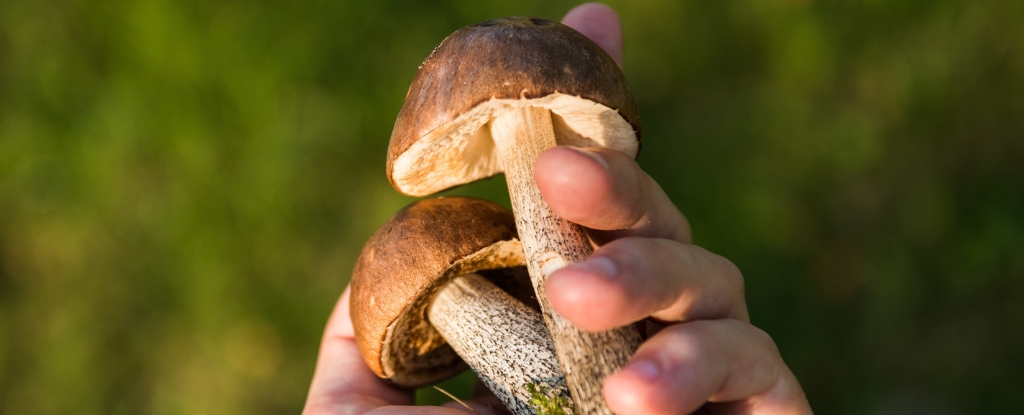Australians Warned Against Keeping Native Wildlife as Pets
Australians are being cautioned against keeping native wildlife as pets after the death of a sick magpie. Wildlife experts stress the importance of seeking professional care for injured animals.
Australians are once again being warned against keeping native wildlife as pets, following the unfortunate death of a severely ill magpie after a month-long stay in a private home.
Wildlife volunteers from Perth's Native Animal Rescue reported that the bird arrived in "a terrible state" late last month, suffering from a severe case of throat-worm, an easily treatable condition if addressed early.
The magpie was unable to breathe or swallow properly and had endured weeks of suffering, with its tail covered in faecal matter. A spokeswoman from the rescue group told Yahoo News that it seemed those who kept the bird had been "trying to rehab it" but ultimately caused more harm.
"If it had received proper treatment, it could have been released instead of developing severe throat-worm, which led to a septic mouth," she explained.
They emphasised that this incident serves as another stark reminder that native animals are not pets, and well-meaning interventions can have devastating consequences. "Wildlife mask their stress levels and pain," she added. "If you find an injured or orphaned animal, it needs to be assessed by a veterinarian to ensure it gets the right treatment and a second chance in the wild."
"If you found a dog or cat on the side of the road, you wouldn't take it home and care for it yourself; you'd take it to a vet. Please do the same for our wildlife."
Notifying the correct wildlife authorities is crucial for several reasons. Licensed rescuers and veterinarians possess the expertise to provide proper care, ensuring the animal receives the best chance at survival and rehabilitation.
Many native species have specific dietary and medical needs that untrained individuals may not recognise, and improper care can lead to further suffering or even death. Additionally, wildlife professionals can determine whether an animal requires medical treatment, rehabilitation, or humane euthanasia to prevent prolonged suffering.
In some cases, keeping native animals—even with good intentions—is illegal and can lead to fines.
The issue gained global attention in 2024 when a Gold Coast couple, Juliette Wells and Reece Mortensen, made headlines for keeping a magpie they named Molly. After claiming they had rescued the bird as a chick, the pair amassed a massive social media following by documenting its bond with their dog, Peggy.
Queensland's Environment Department later confiscated Molly, sparking public outcry. Although the bird was eventually returned to the couple under special licensing, animal advocates argued that Molly should never have been kept as a pet in the first place.
They predicted similar incidents might emerge, and fears that now seem to have been realised have come true.
Wildlife shelters last year reported a surge in illegally kept magpies, with one WA-based rescue centre revealing it had received "dozens" of surrendered magpies within just 12 months.
A similar spike in intakes was also seen after the release of Penguin Bloom, a film starring Naomi Watts that told the true story of an injured woman rescuing a native magpie. While inspiring, such stories can mislead the public into thinking wild animals can be kept as pets, while they actually require expert care and rehabilitation.
Ordinarily, wildlife must be surrendered to a licensed care facility within 72 hours of rescue. As of February 2025, Molly the magpie remains with Wells and Mortensen, a DETSI spokeswoman confirmed to Yahoo News.









